-
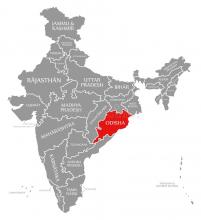
Early this month, the resolution of the Union Cabinet to constitute a special purpose vehicle- Polavaram Project Authority (PPA)- caught the Odisha government napping. Instead, the news has attracted cautious criticism from the state government. With General election in full swing and Telengana Statehood is commencing- it is beyond obvious that political parties, , leader of oppositions including incumbent State and Union governments would left no stone unturned to gain political mileage of blame game. It is less important to read between the lines on the timing of PPA.
-
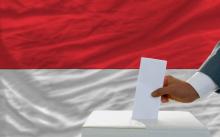
The news of the Indonesian presidential elections has hit the headlines lately as the country prepares for ballots in the world’s third-largest democracy. The elections, scheduled for 9 July, will see a host of presidential candidates contest elections for the prestigious post. The incumbent, Susilo Bambang Yudhoyono, has been in power for two consecutive terms but is now constitutionally prohibited from contesting for the third five-year term.
-
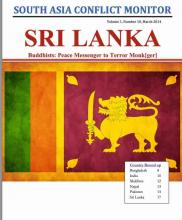
Indian democracy witnessed multiple challenges. Disruption of elections by the rebel groups in the three conflict theatres – Jammu & Kashmir, central India and the north-eastern states of India – is one of them. Unlike the 2004 and 2009 Parliamentary elections, some Islamist extremist groups have planned to disrupt the 2014 elections. Some have even been preparing for the last six months or more to disrupt the elections.
-
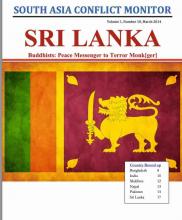
Vehemently opposing the Human Rights violation report submitted by the UN Human Rights Commissioner Navnanethem Pillay, the Sri Lankan (SL) government has recently rejected her call for establishing ‘an international inquiry mechanism to investigate further the alleged rights violations (both Human Rights and Humanitarian Law) and for monitoring any domestic accountability process in Sri Lanka.
-
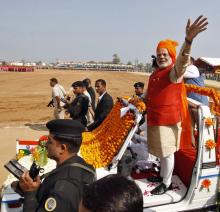
Executive Summary
-

The Year of Friendly Exchanges between India and the People’s Republic of China kicked off with the 17th Special Representatives’ Meeting on the Boundary Question in New Delhi on 10-11 February 2014 to forge closer and stronger ties between the two neighbours. India’s National Security Adviser Shiv Shankar Menon discussed the issue with the Chinese State Councillor Yang Jiechi to devise viable means to settle face-offs in the disputed border territories of India and China.
-
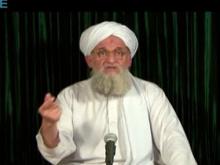
After a tumultuous year marked by massive protest rallies and violent confrontations between moderate secularists and Islamic radical forces, Bangladesh’s tryst with religious and political turmoil seems enduring. The deteriorating situation has led to fear of the revival of Islamic militancy.
-
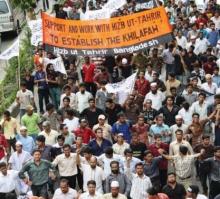
Hizb ut-Tahrir (Party of Liberation) is a transnational Islamic religious-political organization that has a presence in over 20 countries across the world. HT was founded in Jerusalem in 1953 by Taqi al-Din al-Nabhani. HT believes in the Ummatic concept. Its website openly declares that: "It aims to revive the Islamic Ummah from the severe decline that it had reached and to liberate it from the thoughts, systems and laws of Kufr, as well as the domination and influence of the Kufr states.
-
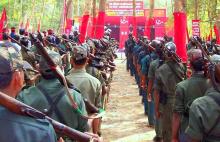
For the third year running, Maoists, also known as Naxalites (Indian version of left-wing-extremism), related fatalities and incidents have come down in the affected provinces of India. The Maoist conflict review reports indicated that in the year 2013, a total of 1,129 incidents took place, as compared to 1,415 incidents in 2012. Similarly, the number of fatalities across the country came down to 394 in the review period from 415 in the previous year.
-
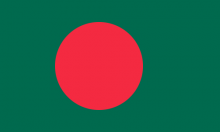
The political crisis in Bangladesh had deepened further with the BNP-led 18-party opposition alliance’s call for a “March for Democracy” rally on December 29. More than seven hundred opposition party supporters were detained, and many more were arrested at different entry points to Dhaka since December 26. One person died during a clash between opposition party activists and security forces in Dhaka on December 29.
Paxton ported to drupal by DropThemes.in